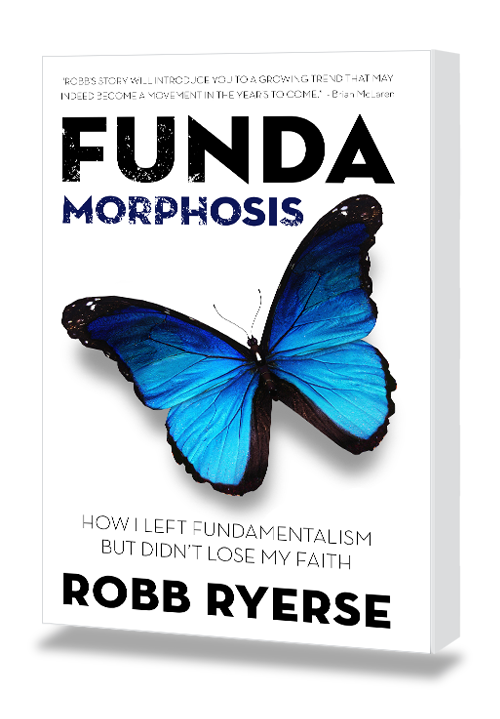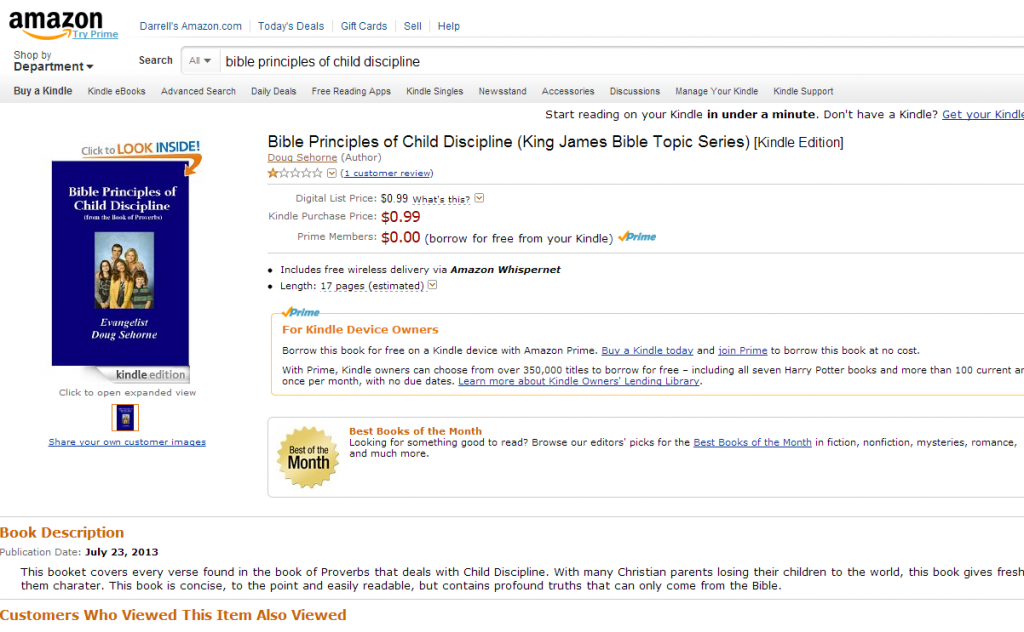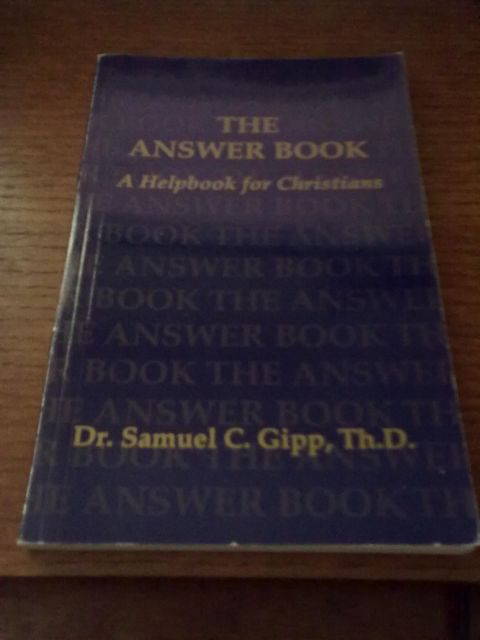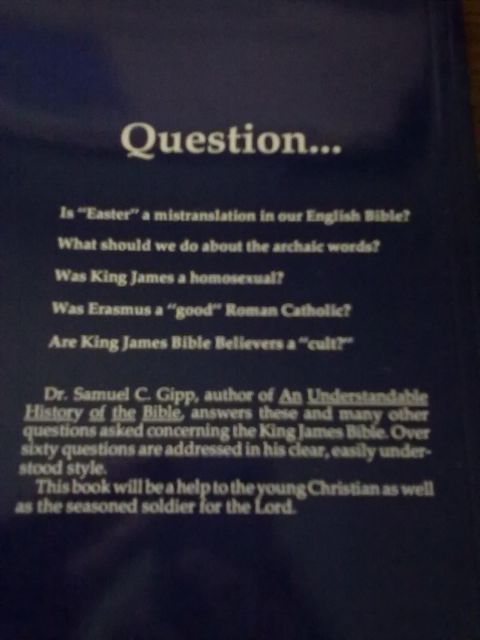
Today we have a guest post by Robb Ryerse, a former fundamentalist pastor who has just released a new book about his transformation away from fundamentalism. If you’d like to hear more from Robb he’ll be on the Ragamuffin Show tomorrow night at 8.
When I was in high school, some of my friends and I wanted to play some basketball in the church gym on a Sunday afternoon. I called my uncle, the chairman of the trustee board, and asked for permission. He said, “No.” Sporting events weren’t allowed at church on Sundays. I could hear his TV in the background. He was watching the game.
For two summers in college, I did a pastoral internship at my home church. One morning, our senior pastor announced that I would be attending a sacred music conference sponsored by Patch the Pirate’s Majesty Music. I was going because he thought my CCM (Steven Curtis Chapman and Steve Camp) was too worldly.
In college I dated a girl who was King James Only. Though I attended a proudly fundamentalist Bible college, we weren’t taught to exclusively use the KJV. But she did. And so, every day for the two months that we dated, I proudly carried my KJV Ryrie Study Bible to chapel. The day we broke up was the last day I opened that particular Bible.
I’ve had countless conversations with church people about all sorts of “important” issues: Whether or not smoking is a sin. Whether or not a Christian can have a tattoo. If it’s acceptable for a believer to vote for a Democrat. If Christians should boycott Disney. What is the appropriate length of a lady’s skirt.
Like so many others who grew up in fundamentalism, I’ve experienced my fair share of condemnation and craziness. And eventually, it all got to be too much. I had to leave fundamentalism.
Ultimately, however, it was not the legalistic dos and don’ts that drove me away from the fundamentalism of my upbringing. It was something much more, well, fundamental than that.
About eight years ago, I was pastoring a fundamental Baptist church where I was preparing to preach through Genesis. I knew all of the answers I had been taught – literal seven-day creationism, a literal walking-talking snake, a literal garden with a literal angel with a literal flaming sword.
And I also knew the questions that began to gnaw at me:
• Why do Genesis 1 and 2 sound like they were spoken in two different voices?
• Where did Cain’s wife come from?
• What happened to the dinosaurs?
• Doesn’t a global flood feel like a bit of an over-reaction?
• How could God be willingly tied to such a family of scoundrels?
These questions exposed that the pat answers of my fundamentalist upbringing were no longer resonating with me. If the answers I had always been told were shaky, maybe the whole system was too. This I knew with certainty – if I verbalized the doubts I was experiencing in a sermon, I would be fired.
This realization sent me spiraling into a spiritual depression, a dark night of the soul, that lasted for many months. When I eventually emerged from it, my own fundamorphosis was well underway. A fundamorphosis is the theological transformation that frees someone from fundamentalism.
My fundamorphosis has freed me to embrace grace and mystery like never before. I now have a belief system that is big enough to handle my doubt. I am very comfortable saying, “I don’t know.” I don’t feel the need to convince everyone to agree with me nor to condemn them when they don’t. I think I’m a lot more humble, honest, and hopeful. More than anything, my fundamorphosis has been about becoming something fundamentalism never encouraged. I became authentic. I am finally free to be me.
—
 Robb Ryerse is the author of the new book Fundamorphosis: How I Left Fundamentalism But Didn’t Lose My Faith. Available now on Amazon. He is the pastor of Vintage Fellowship (www.vintagefellowship.org) in Fayetteville AR. He blogs at www.thegrenzian.com.
Robb Ryerse is the author of the new book Fundamorphosis: How I Left Fundamentalism But Didn’t Lose My Faith. Available now on Amazon. He is the pastor of Vintage Fellowship (www.vintagefellowship.org) in Fayetteville AR. He blogs at www.thegrenzian.com.






